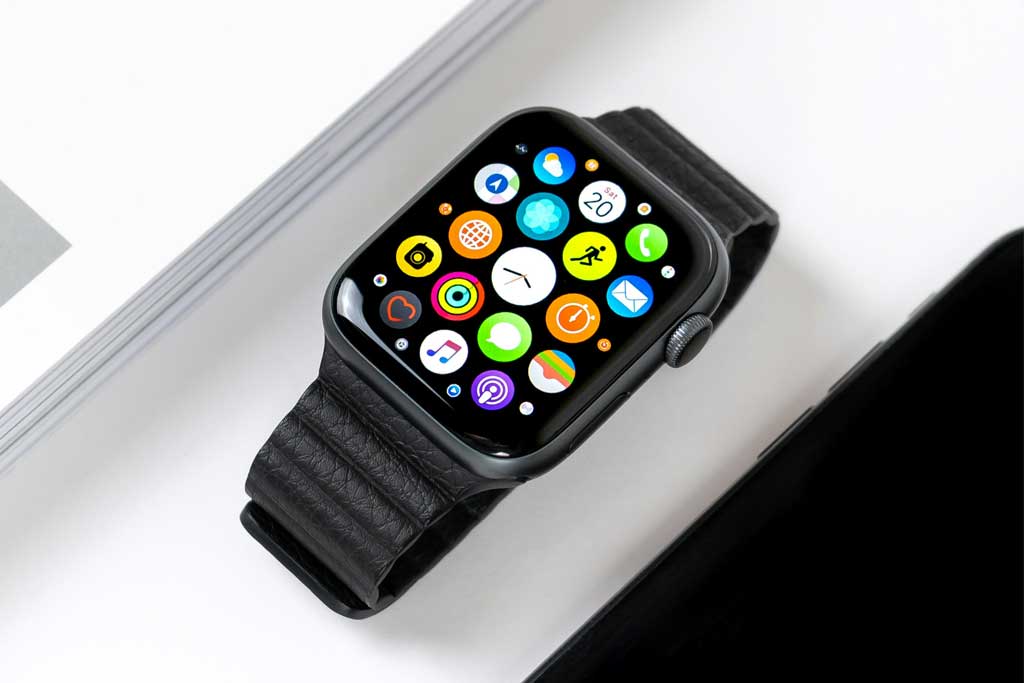So how did the world’s largest company by market cap get banned from selling two of its newest products? It all comes down to a patent dispute. Let’s take a deeper look, and explain everything you need to know about the newest Apple Watch release and the import ban.
It has been a rocky road for the flagship Apple Watch Series 9 and Apple Watch Ultra 2 in the United States. The patent infringement dispute between the tech behemoth and Masimo has been ongoing for years. Masimo is a global medical technology company that is best known for its pulse oximeter feature (technology for reading blood-oxygen levels). They filed two separate cases — one with the US District Court in the Central District of California, and another regarding an import ban with the ITC (International Trade Commission). The med-tech company claims that Apple infringed on Masimo patents in pulse oximetry technology, in the manufacturing of the watch. In December 2023, an Apple watch import ban was upheld by the Biden administration, with the decision being made by US Trade Representative Katherine Tai. Tai’s office issued a statement saying, “After careful consultations, Ambassador Tai decided not to reverse the ITC’s determination and the ITC’s decision became final on December 26, 2023.”
The struggle has continued on into the new year. However, in a recent win for Apple in the appeals process, a U.S. federal appeals court dismissed a different suit that claimed Apple watch sales were illegally monopolizing the market for heart-monitoring apps. This lawsuit was filed by Khosla Ventures LLC-backed AliveCor. Founded in 2011, the medical device and AI company develops ECG mobile-device-compatible hardware and software to detect abnormal heart rhythms. Details of the decision are currently under seal; however, a redacted version of the decision by Judge Jeffery White in Oakland, California, will be made public in the coming weeks.
Regarding the ITC ruling, Apple still has an uphill battle with Masimo’s patents. Despite a temporary reprieve, the December ban, which was halted briefly is now back after the ITC’s decision lifted its stay. If the blood oxygen technology is present, affected watches cannot be imported. Masimo’s allegations did not go unheard. Apple did everything it could to fight this, including working to thwart the launch of Masimo’s Freedom watch. Masimo CEO Joe Kiani claims to have developed “a more elegant smartwatch,” a less-expensive model coming in at $100 USD, and in a not-so-subtle snub said,
“Masimo would never copy Apple’s poorly performing product or release such a product to the public…Apple—even though they took my people, they took our property, they took our patents—their product is horrible…it may be better for everybody if we could help them improve their product.”
Kiani said he “essentially bet the company” causing irreparable harm, and costing Masimo nearly $100 million. Masimo plans to release the Freedom under a limited-market program this quarter, with a full-market release before the third quarter.
Apple has its own patent-infringement suits against medical-monitoring technology company Masimo in Delaware federal court for design patent and utility patent infringement, which Masimo denied. Apple’s motion noted that Kiani said in a 2022 earnings call that the Freedom “should command 100% market share.” among American consumers. The tech giant claimed, “With the Freedom, Masimo is directly targeting Apple’s customers.” According to the filing, “Delaying resolution of Apple’s infringement claims will allow Masimo an opportunity to gain customers and build brand awareness on the back of Apple’s patented technology.” However, the Federal Circuit denied Apple’s request for a longer stay to pause enforcement of the US International Trade Commission orders until the appeal process plays out.
Meanwhile, the tech fight rages on at the ITC, the PTAB, the US Court of Appeals for the Federal Circuit, and in Delaware and California federal courts. Apple proposed a redesign to the US Customs and Border Protection agency, which would allow it to circumvent the ITC ban. Apple has since disabled the blood oxygen sensor using software…a sly move by the company as the courts make their decisions. Essentially, with the flip of a switch, Apple can reenable the feature if the rulings are found in its favor.
Apple Related Posts:
Click Here to read about the difference between email and Apple iMessage
Click here to read about the brief history of the wi-fi alliance
Photo by Daniel Korpai on Unsplash


